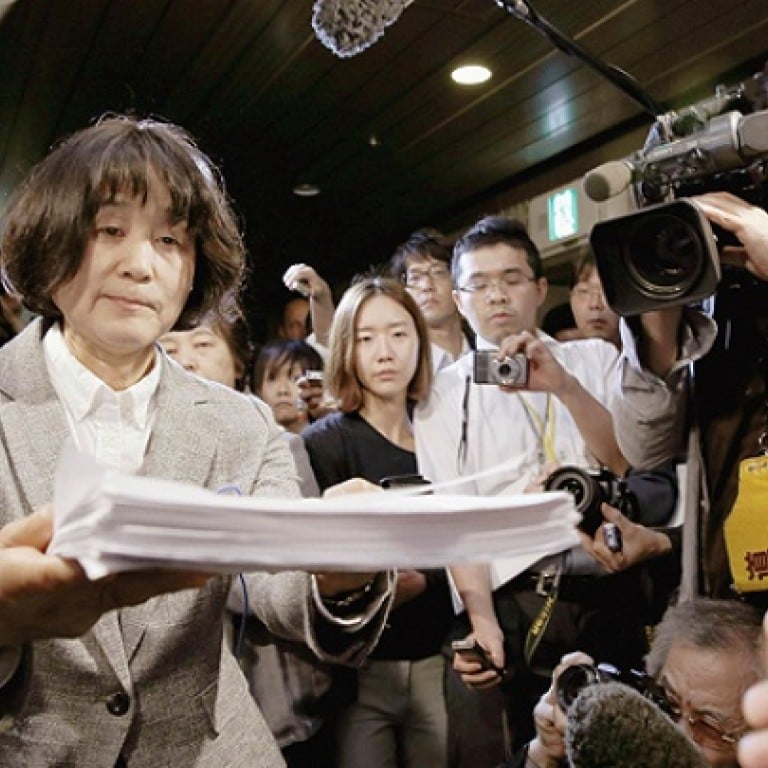
Korean 'comfort women' refuse to meet Osaka mayor
Pair angered by remarks that 'comfort women' were part of maintaining military discipline
A Japanese politician on Friday apologised to women forcibly drafted into military brothels during the second world war after his comments about them being a military necessity sparked outrage.
Osaka mayor Toru Hashimoto issued the apology hours after he was due to meet two former “comfort women”, but the elderly South Korean women cancelled over fears of becoming political pawns in a long-running row that has stoked tensions between Tokyo and Seoul.
“It is a shame that I couldn’t meet them – I wanted to tell them I am sorry for this misunderstanding,” Hashimoto told a press conference.
“I hurt them with my words so it’s natural that I want to apologise.”
Earlier on Friday, supporters of the women, both in their eighties, said they were concerned Hashimoto would not retract his controversial comments.
“He has to retract his past comments if he wants to apologise and make us believe it is genuine,” supporter Pang Chung-ja told a hastily arranged press briefing in Osaka.
He has to retract his past comments if he wants to apologise and make us believe it is genuine
She added there were fears the pair could be “politically exploited”.

He later pledged to apologise for his comments, while insisting Japan’s soldiers were not unique in brutalising women.
On Friday, Hashimoto said his original remarks were misinterpreted.
“I happen to have used the word ‘necessity’ but it doesn’t mean I personally meant it was necessary,” he said.
“I mean that it is a historical truth that soldiers were using women. Was it not necessary for them?”
Sex slavery is a particularly sensitive issue in Korea, a former Japanese colony whose people made up many of the up to 200,000 “comfort women” forcibly drafted into brothels for the Japanese military during the second world war.
In the days since his original comments, Hashimoto, the co-leader of the national Japan Restoration Party, has continued to fan the flames with new pronouncements, many of which have been on Twitter where he has over one million followers.
Hashimoto said in a comment reported on Tuesday that the South Korean military used women for sex during the Vietnam war, inviting a sharp response from Seoul.
“Japan was bad,” he told a party meeting on Monday, the newspaper reported. “It is true that we used women to solve the problem of sex on the battlefield.
“Having said that, America, Britain, Germany and France, and even the South Korean military in Vietnam after the second world war, they all used women to address the issue.”
Meanwhile, Tokyo on Thursday accused a South Korean newspaper of “dishonourable” behaviour for publishing an editorial that said the atomic bombings of Hiroshima and Nagasaki were “divine punishment” for Tokyo’s wartime aggression.
The editorial in the Korean and English versions of the daily on Monday said the 1945 nuclear bombs dropped by US planes, which together killed more than 200,000 people, were justified, saying: “God often borrows the hand of a human to punish the evil deeds of men.”
